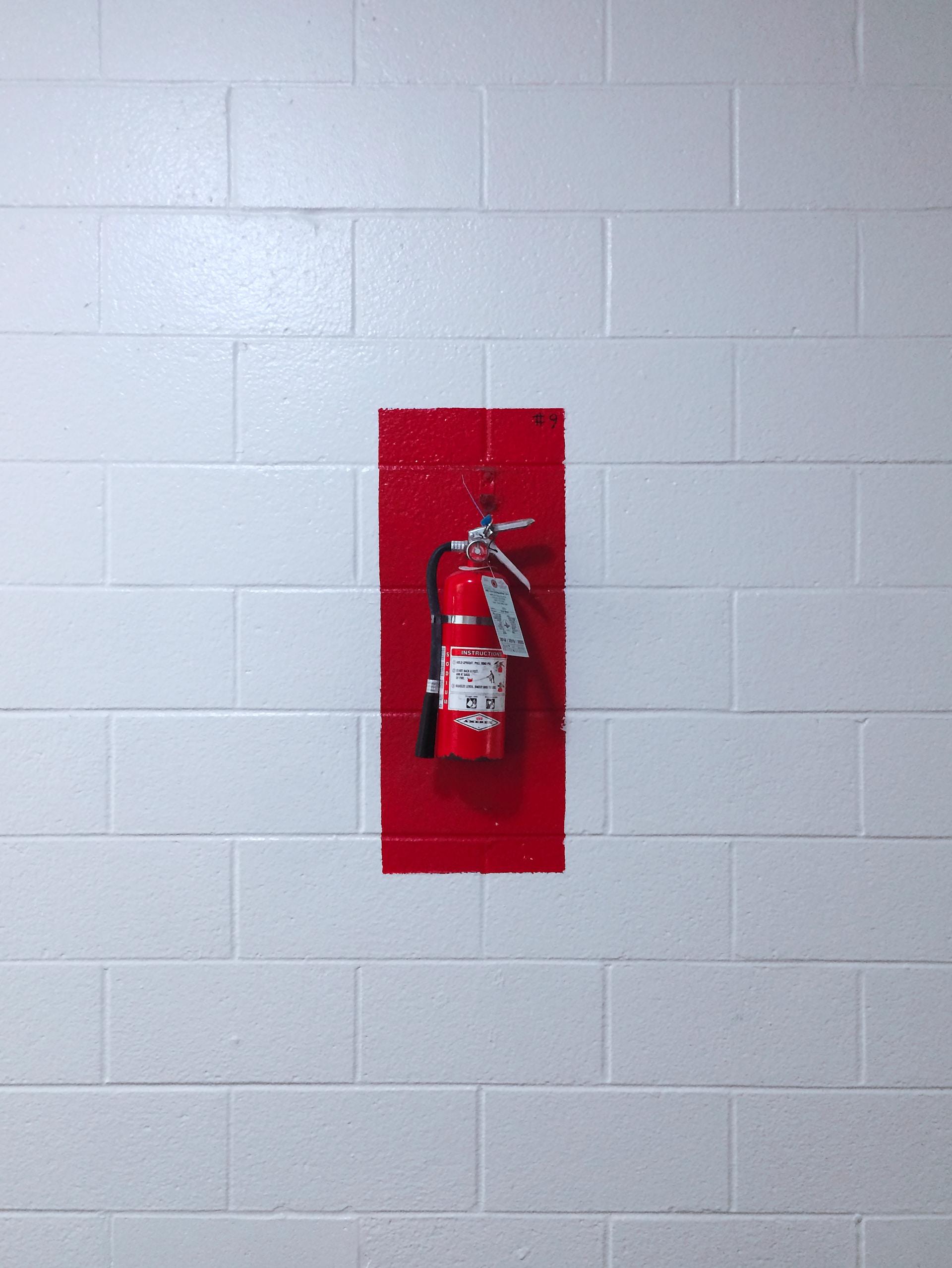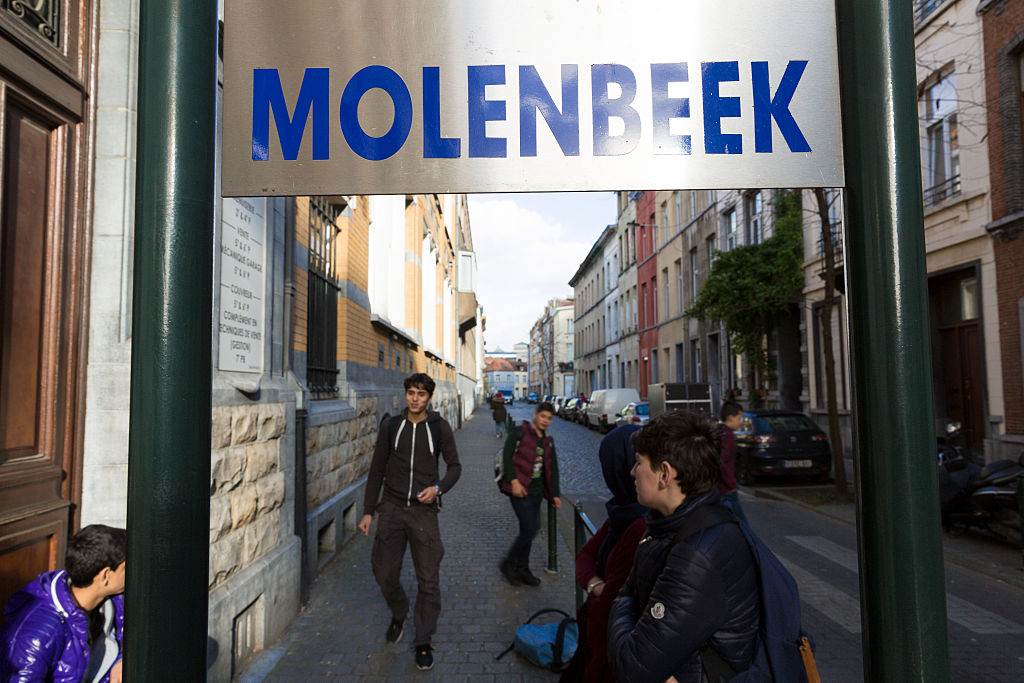On September 20, the lower house of Switzerland’s Parliament passed legislation that prohibits face coverings such as burqas worn by Muslim women.
With 151 for and 29 against, the National Council voted for a ban that was proposed by the right-wing populist Swiss People’s Party (SVP) and was opposed by centrist and Green parties.
The legislation confirms the result of a referendum from 2021 where the Swiss public approved a ban on face coverings, both the niqabs and burqas worn by some Islamic women and the ski masks and bandannas often used by far-left protesters.
Those wearing face coverings in public places will now risk fines of up to €1,000.
The push to prohibit the apparel faced criticism from Muslim groups who claimed that only a very limited number of women wear niqabs and burqas.
The regulation forbids the covering of the nose, mouth and eyes in public spaces as well as private premises open to the public, with certain exceptions permitted. Those are primarily for health reasons such as face masks to protect against COVID-19, or for traditional carnival celebrations.
Members of the SVP who form the Egerkinger Komitee responsible for organising “resistance against the influence of political Islam in Switzerland” were the driving force behind the initiative to ban face coverings.
With the prohibition, Switzerland follows other Western European countries that have enacted such laws since the 2000s.
Earlier in September, Egypt barred wearing the niqab in schools. Uzbekistan banned clothing that prevented identification after adopting amendments to strengthen the secular character of the state. It further criminalised polygamy, religious discrimination and the denial of equal rights for women and men.
In 2009, Switzerland banned the building of minarets in the country after a referendum, against the wishes of most politicians, church leaders and Islamic organisations.





